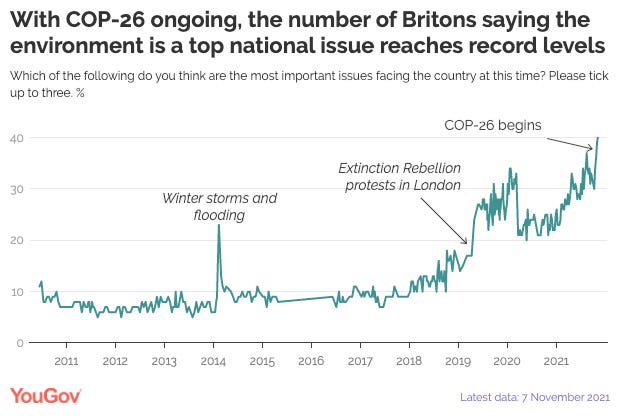Another good piece on insulating Britain:
The UK is a difficult country to keep warm. It has some of the oldest and leakiest housing stock in western Europe, ensuring that heat dissipates through walls, windows and doors quickly after leaving radiators. Nine in 10 households rely on gas boilers, and lots of gas boilers need lots of gas: UK households consume more of it than almost all of their European peers, at around twice the EU average. In 2000, when North Sea gas accounted for 98% of overall supply, households were at little risk of price shocks. But as national production has tumbled by two-thirds in the two decades since, imports have risen from just 2% to 60% of supply to fill the gap.
Gas burned in households now equates to half of all imports – that is why any spike in gas prices immediately translates into higher heating bills. In times like these there is little standing between the average household and the opaque mechanics of a deeply politicised, and profit-driven, global gas market. Using cheap gas to compensate for poor housing stock only works as long as gas is cheap – and as long as you don’t have a climate crisis spinning out of control.
https://www.theguardian.com/commentisfr ... on-heating
Details the government's repeated failures to work out a policy to insulate homes via market mechanisms alone:
In 2013 the Tory-led coalition launched the “green deal”. Intended to be cost-free for government, it offered loans – with interest – to householders to install efficiency measures, repayable via the household’s energy bills. Unsurprisingly, the complexity of the scheme combined with its inherent financial uncertainty did not lead to strong takeup. Of a target of 14m insulated households by 2020 just 15,000 had been completed when the programme was binned a couple of years later.
Next, the zero carbon homes standard, which had been due to come into effect in 2016, would have required new homes to generate as much energy on-site from renewable sources as they used – it was a flagship policy genuinely worth the hype. Instead, soon after the surprise 2015 Conservative election win, George Osborne killed the programme at the behest of the construction lobby. It has never been revived.
Then came the green homes grant, announced in one of the first Covid economic stimulus packages last year. This was a simpler scheme, with upfront government grants. And yet, despite very high levels of public interest and applications to the scheme, it reached only 5,800 of its target 600,000 homes – a select committee investigation called its implementation “botched” and its administration “disastrous”. Like the green deal nearly a decade ago, it was cancelled early.
The sum total of this is not pretty. Between 2012 and 2019 the number of home insulation installations actually dropped by 95%. The charity National Energy Action has noted that at that rate it would take nearly a century to properly insulate all of the current fuel-poor homes in the country. In 2021, millions still live in fuel poverty, and many more will likely join them this winter, while domestic gas boilers account for one in seven tonnes of carbon the UK emits each year, accelerating the climate crisis.
So, there's clearly been some political will to do this in the past, suggesting that Insulate Britain are pushing at a party open, if incompetent, door. It's a specific, actionable goal that just needs the people in power to take it seriously.
The question is, how do ordinary people go up against the construction industry to force a Tory government's hand?
After grabbing attention with stunts, I'm wondering what's next. Hopefully some better-targeted actions.
We have the right to a clean, healthy, sustainable environment.
